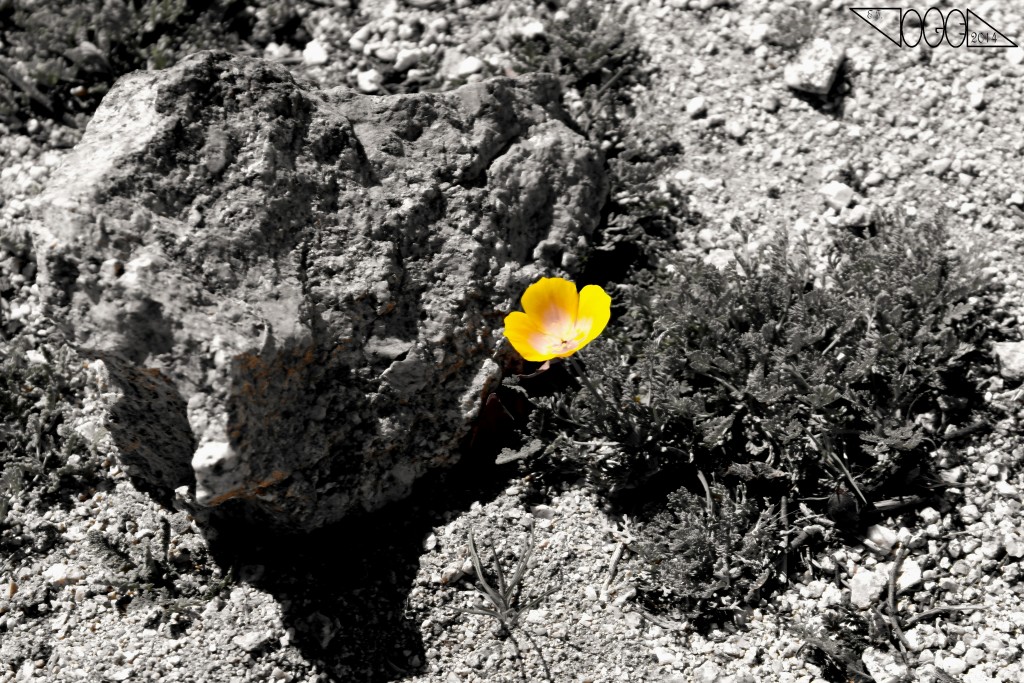by: Eléna Rivera ((The header art, the inspiration for Eléna’s words, were carved by Jean de La Huerta and Antoine Le Moiturier between 1443 and 1456 for the ducal tomb originally in the church of Champmol.))
In these poems, Eléna Rivera takes the viewing of medieval tomb sculptures as an occasion for reflection on the ways we can get stuck in moments of grief, which solidify in us like stone: “even if you yell and scream/ the monk will keep reading.” Then in the second section, she uses repetition and variation as a way to signal how loss can become endless: “a final word, as if there ever could be”…

Mourners
Spring 2010
After, The Mourners: Medieval Tomb Sculptures
from the Court of Burgundy, 1443–1456
Carved in alabaster, rows of mourners
under overhead lights in stationary
postures / even if you yell and scream
the monk will keep reading you think /
rendered with precision, the figures are
meant to stand at the sides of the tomb /
If you kick the calcite it won’t resurrect
anyone / silence in the room an exit.
The prayers of those saying farewell
set in stone, that necessity of rock
when confronting loss / praying under
arcades / today a procession won’t greet
a traveler and never asked to cross
a great river, Styx or otherwise / the dead
die and no one bothers much except
perhaps their mother or child (Picasso’s
painting here of the woman weeping)
What you are stored in a museum.
Mourn the loss of each at every moment.
The official process is still a daily ritual /
Sorrow runs under all / a remarkable quality,
the art of solidifying our selves turns us. . .
(Can’t keep putting it off much longer)
A word peels for the Spring forsythia,
bright yellow bushes calling for attention.
Mourner with cowl pulled down, wiping
his tears on his cloak / Mourner with head
uncovered / Cantor holds a closed book /
A deacon holding a cross / Mourner with
cowl pulled down / A Bishop /Choirboy
holding a candlestick / Carthusian monk
holding a book / Choirboy (hands broken)
Postscript:
On the subway see a man eating peanuts,
dropping shells all over the floor, everyone
decides not to notice, stares at the gadgetry
in their hands, the narrow field of vision.
Thus preoccupied by the tiny decide not to
notice the man forgotten by society littering.
Life passed by—merged into rock—accident
of birth is it? Bang on, and other details?
A final word? (As if there ever could be.)
Statuettes flavored the moments sculpted
in that room—What survives far beyond
riches or “the ‘good’ king,” is the three
dimensional effect, the expressiveness
that leaves this viewer awestruck by
the parading mourners, shadows, light,
silent funeral procession in stone robes.
At the tomb of the very noble thought
petrified into an effigy, a cartoon, when
you go I’ll crumble even though there was
a time my mouth turned to stone, turned—
Reader / recorder—
Mourners remember
forget how to mourn, eye then
the exhibition. The pedestal built for
hands under cloaks, carrying under
alabaster shrouds their limited editions—
(imagine a girl, fifteen, in relation to funeral
rites, in the rain, trying to conform, putting
herself in/inside)
MOURNERS (2)
Spring 2010
In bed listening, mourning braves the sun
Bright yellow bushes calling for attention
Wait once again for a sign to reawaken the spirit
(Picasso’s painting of a woman weeping)
It is early, and pressed, the dead die no one
bothers a figure deeply set in alabaster
Too preoccupied to notice what was formed,
as in a miniature—the carved were never asked
to cross a great river, that and overhead lights
weigh the body, weight of Medieval stone
Large hand of, palm of, under the arcades
The minute uncovers the stationary
—can’t touch, but very much alive and bang on
A smoothly executed row of mourners
Today a procession might hold a traveler,
might carry losses and cares of their own
What survives is far beyond the accepted
funeral rites, life passed by/passed on—
Emotions even in a garden, hands underneath
words—a final word, as if there ever could be
A word peels for the spring forsythia
the loss of—at every moment
Postscript:
The art of solidifying turns
into gadgetry in our hands
stored in a museum
Postures try to yell, scream
the prayers of those set in stone won’t
melt moments of sculpted minutes
Eyes toward soft stone,
bodies under ample shrouds
carry a book, or prayer beads—
A passerby runs fingers through his hair
Words when disposed
turned to stone / turned
Sorrow a remarkable quality—
vast and complex
Eléna Rivera was born in Mexico City, and spent her formative years in Paris. She has also lived in the San Francisco Bay Area, Montréal and Providence, Rhode Island. She now resides in New York City. Her book of poems, Scaffolding, is forthcoming from Princeton University Press. Other books include: Atmosphered (Oystercatcher Press, 2014), Overture (Metambesen, 2014), On the Nature of Position and Tone (Field Press, 2012) and The Perforated Map (Shearsman Books, 2011). She won the 2010 Robert Fagles prize for her translation of Bernard Noël’s The Rest of the Voyage (Graywolf Press, 2011).





